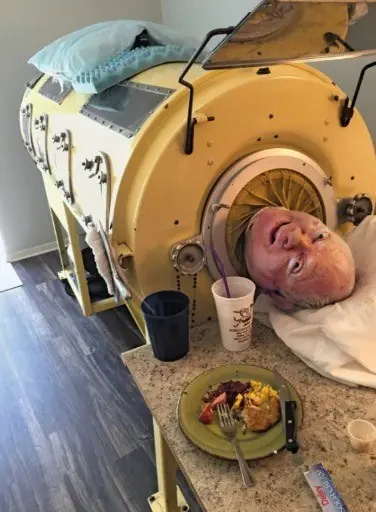
I’m a farmer’s daughter — and some people think that means I’m not as good as others.
I grew up on a sweet potato farm about ten miles from town. Our days started before sunrise, and vacations usually meant going to the county fair. My parents work hard—they always have dirt on their hands and more determination than anyone I know. I used to think that was enough for people to respect us.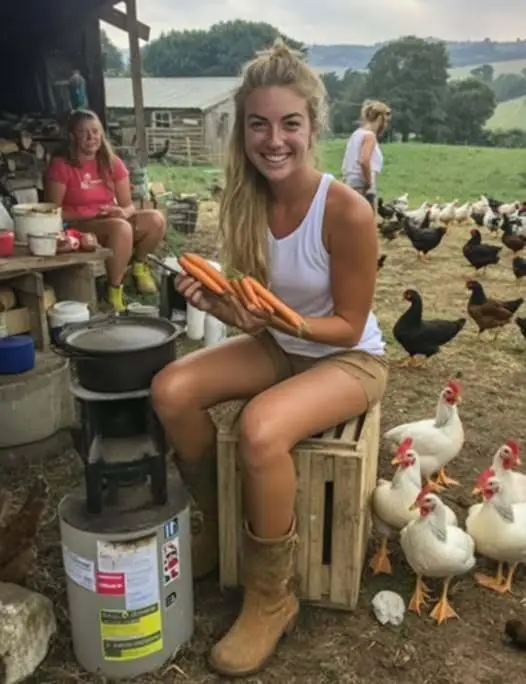
Then I got accepted into a scholarship program at a private school in the city. It was supposed to be a great opportunity. But on my first day, I showed up in jeans that still smelled a bit like the barn. A girl with a perfect ponytail whispered, “Ew, do you live on a farm or something?”
I didn’t say anything. I just sat quietly and tried to ignore it. But the comments didn’t stop. People asked about my clothes, joked about my house not having WiFi, and even asked if I drove a tractor to school.
I stayed quiet, focused on my schoolwork, and never talked about where I came from. But deep down, I hated feeling embarrassed. Because back home, I’m not “that farm girl.” I’m Mele. I can fix a tire, handle chickens, and sell vegetables like a pro. My parents built something real with their hands. So why did I feel like I had to hide that?
The moment everything changed was at a school fundraiser. Everyone had to bring something from home to sell. Most of the students brought store-bought cookies or crafts their nannies helped them make. I brought sweet potato pie—my family’s special recipe. I made six pies, and they were all gone in twenty minutes.
That’s when Ms. Bell, the school counselor, pulled me aside to say something I’ll always remember. But before she could finish, someone walked up—someone I never thought would talk to me, let alone ask me a question.
It was Izan. Everyone liked him. Not because he was loud or trying to show off, but because he had this calm confidence. His dad was on the school board, his shoes were always clean, and he actually remembered people’s names. Even mine.
“Hey, Mele,” he said, glancing at the empty pie plates. “Did you really make those yourself?”
I nodded, not sure what he was thinking.
He smiled and said, “Do you think I could get one for my mom? She loves anything with sweet potato.”
I was a bit surprised but managed to say, “Uh, yeah, sure. I can bring one on Monday.”
Ms. Bell gave me a small smile, like she knew this would happen, and said, “I was just telling you—this pie? It’s part of who you are. You should be proud to share that.”
That night, I stayed up thinking—not about Izan, but about all the times I tried to hide where I came from, thinking it made me less. But what if it actually made me stronger?
So on Monday, I didn’t just bring another pie—I brought flyers too. I came up with a name: Mele’s Roots, and handed out notes that said, “Farm-to-table pies, fresh every Friday. Ask about seasonal flavors.” I thought maybe a few people would be interested.
By the end of lunch, I had twelve pre-orders—and a message from someone named Zuri asking if I could cater their grandma’s birthday party.
Things took off from there. Teachers wanted mini pies for their meetings. One girl even offered to trade a designer jacket for three pies. (I said no, politely—it was an ugly jacket.)
But the best part? Izan sent me a photo of his mom, mid-bite, looking amazed. The message said, She says this is better than her sister’s—and that’s saying something.
I laughed out loud. My dad looked at me and asked, “Is that a good thing or a bad thing?”
“Very good,” I said. “I think we might need to grow this.”
Every Thursday after I finished my homework, my family and I started baking together. Sometimes we made pies, other times it was biscuits or bread. I ended up learning more about our family recipes than I ever had before. I even started using those stories in my school projects—talking about our farm, my grandparents, and how tough things got during dry seasons.
And slowly, people began to listen.
That girl with the shiny ponytail? She asked me for a recipe. I gave her a simple version—no way she’d use a wood-fired oven—but it still felt pretty great.
In senior year, we had to do a final project about something that shaped who we are. I made a short video about our farm. I filmed my mom washing carrots, my dad feeding crusts to our dogs, and ended it with a shot of me at the county fair next to my pie stand and our hand-painted sign.
When they showed it to the whole school, I was so nervous I couldn’t look up. But when it ended, people clapped—loudly. Some even stood up.
Afterwards, Izan came over and gave me a side hug. “Told you your story mattered,” he said.
I smiled. “It just took me a while to believe that.”
I used to think that if people knew where I came from, they wouldn’t respect me. But now I know—you show people how to see you. When you embrace your story, it becomes your strength, not something to be ashamed of.
So yeah—I’m a farmer’s daughter. And that doesn’t make me less.
It means I have strong roots.
If this story made you smile or reminded you to be proud of where you come from, hit the ❤️ and share it with someone who needs to hear it.
News in the same category

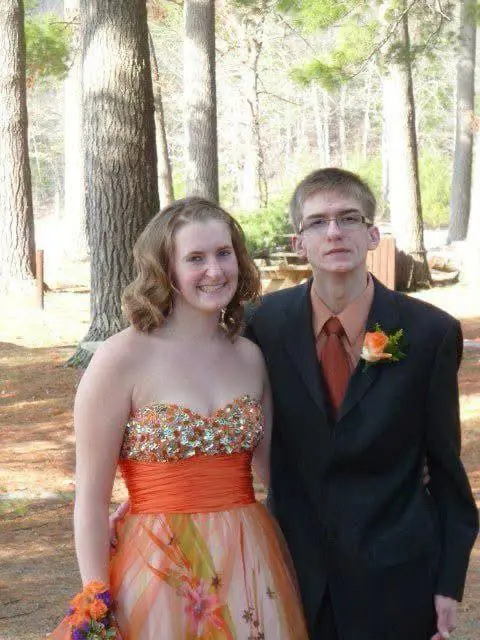
A father honours a teenager who escorted his autistic son to prom

The amazing story of Katie Stubblefield: She became the youngest person to receive a face transplant
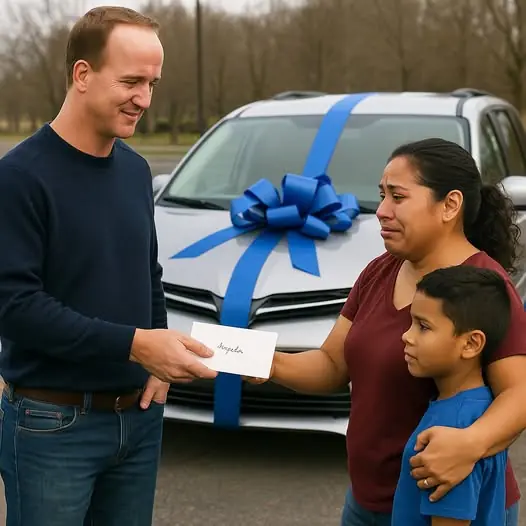
She Walked Two Miles Every Day So Her Son Could Get to Football Practice. Peyton Manning Found Out — and Bought Her a Minivan.

I NEVER PLANNED TO DELIVER A BABY ON DUTY—BUT THEN I HEARD THE SCREAMS
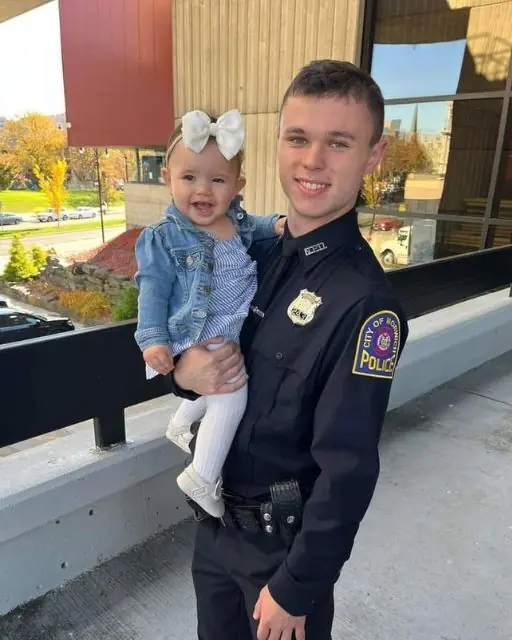
MY FIRST DAY AT THE POLICE ACADEMY—AND MY LITTLE SISTER SHOWED UP TO CHEER ME ON
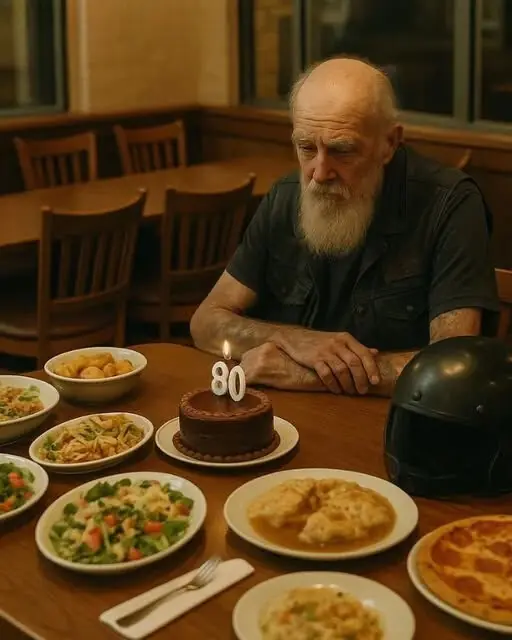
Not a single family member showed for my Biker Grandpa’s 80th birthday
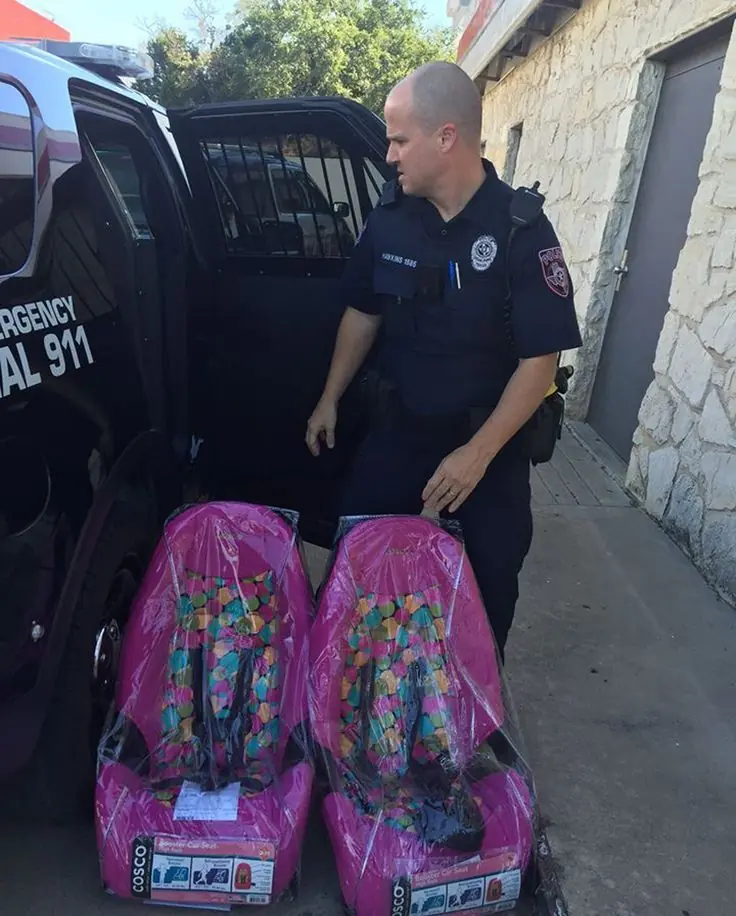
OFFICERS PULLED ME OVER—BUT INSTEAD OF A TICKET, THEY DID SOMETHING I NEVER EXPECTED
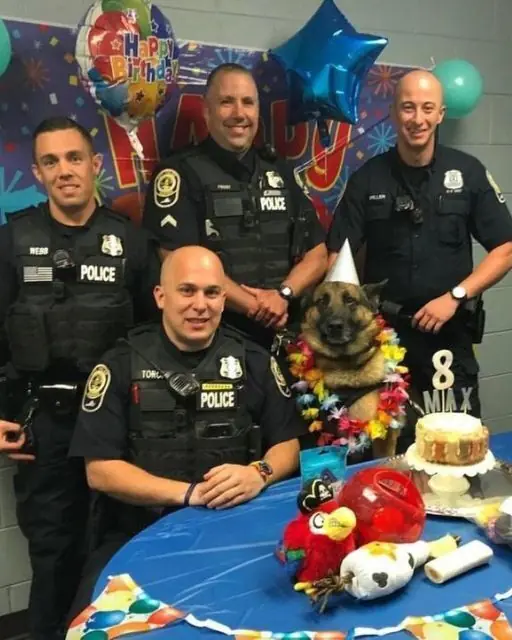
WE THREW OUR K9 HIS 8TH BIRTHDAY—BUT MIDWAY THROUGH, HE LED US TO SOMETHING WE NEVER EXPECTED
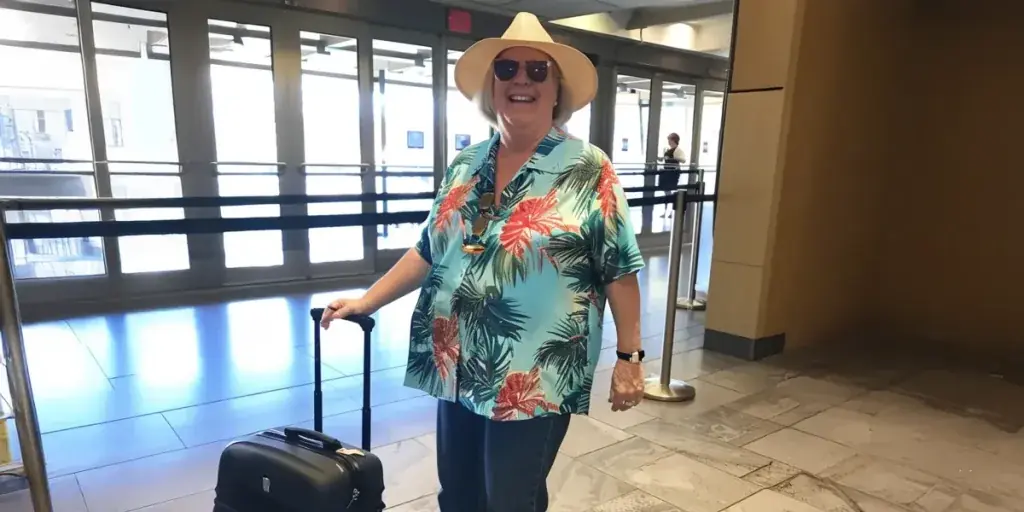
My Mother-in-Law Secretly Crashed Our Anniversary Trip to Ruin It—I Made Sure She Regretted It.
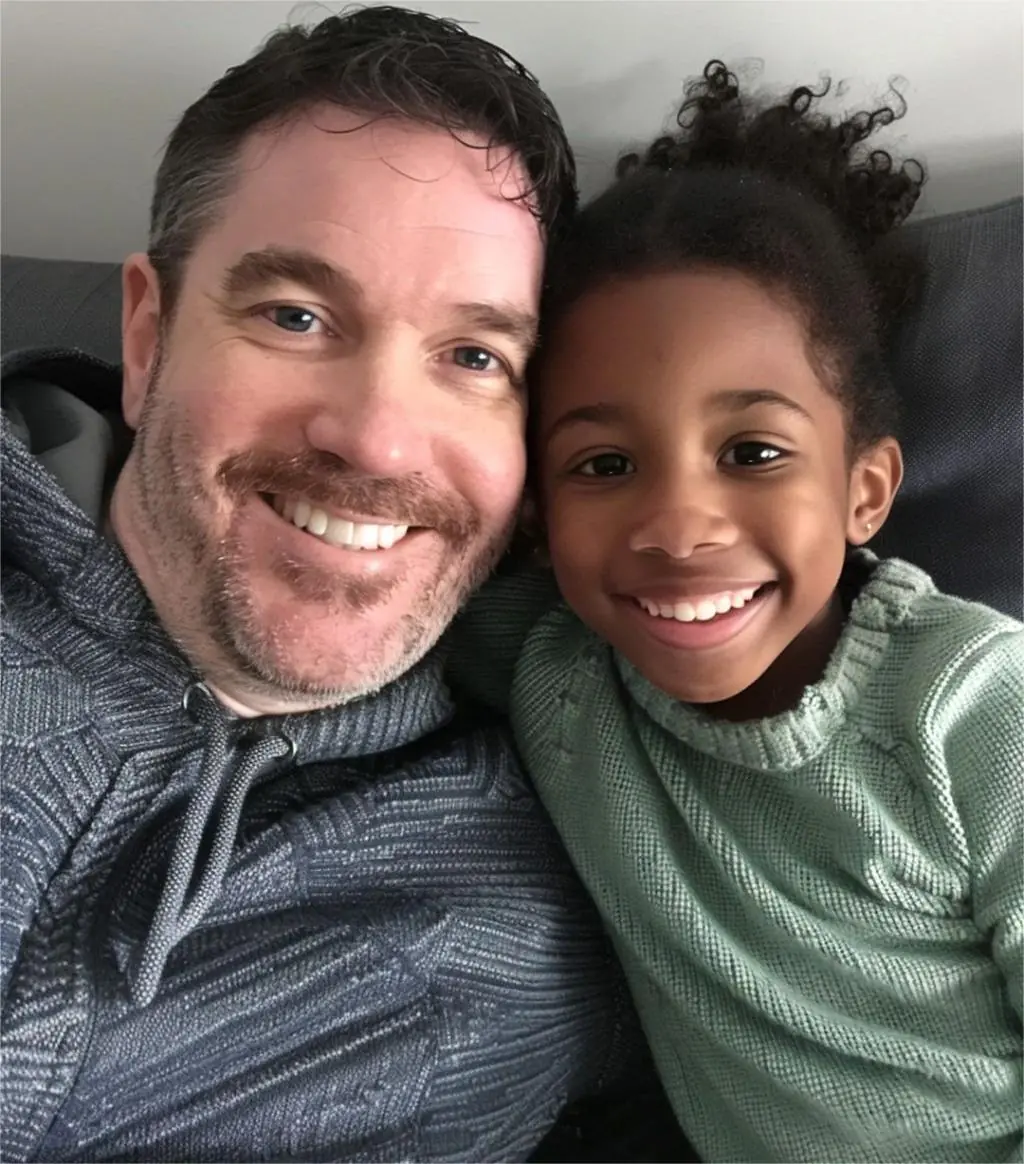
The Dinner That Changed Everything: Protecting Lily’s Innocence.

Arrogant Passenger Reclined His Seat in My Face – And I Gave Him a Comeback That Made Him Back Off Quickly.
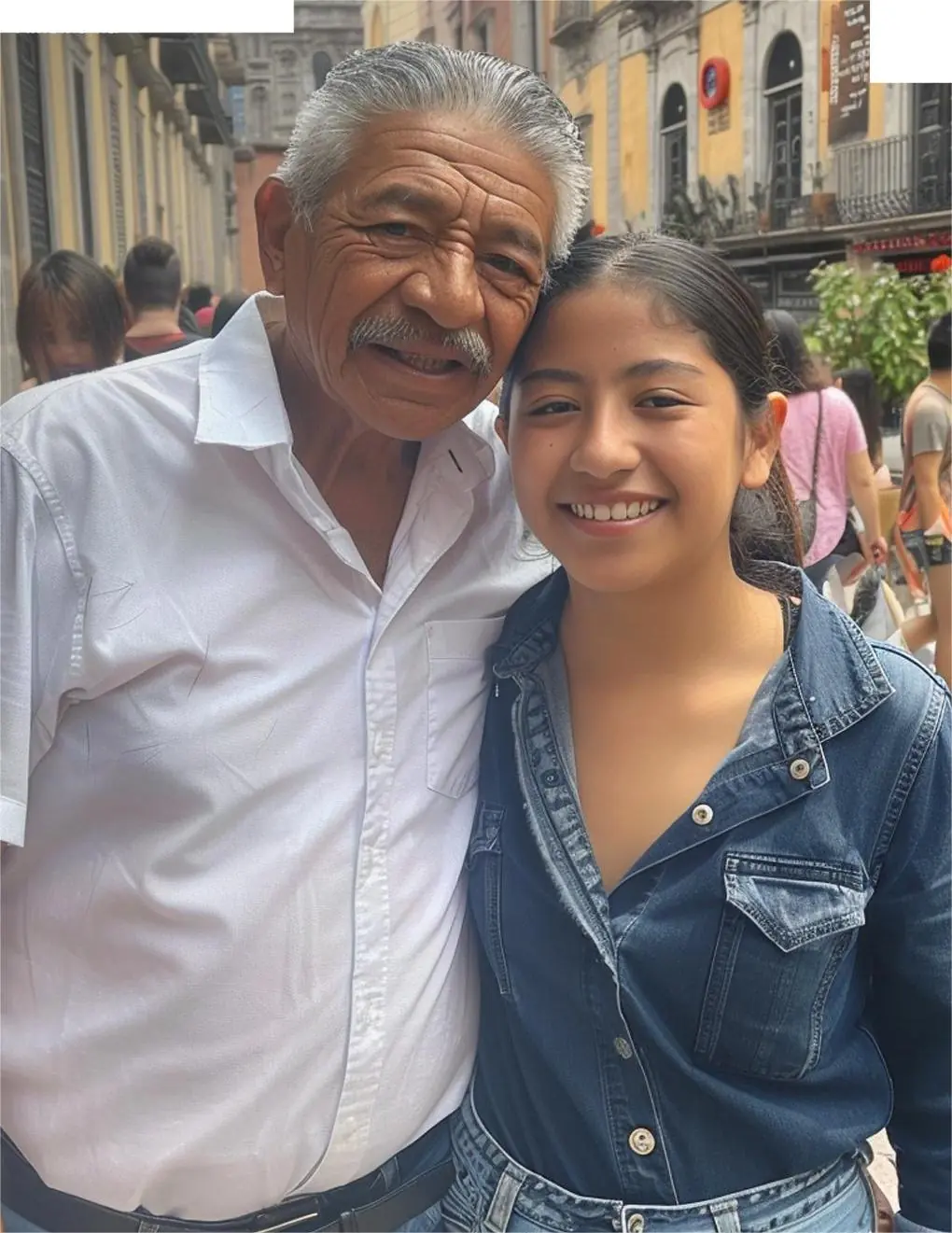
My Father Told Me to Shower with Cold Water Using the Soap He Gave Me – And When My Boyfriend Entered My Bathroom, He Burst into Tears.
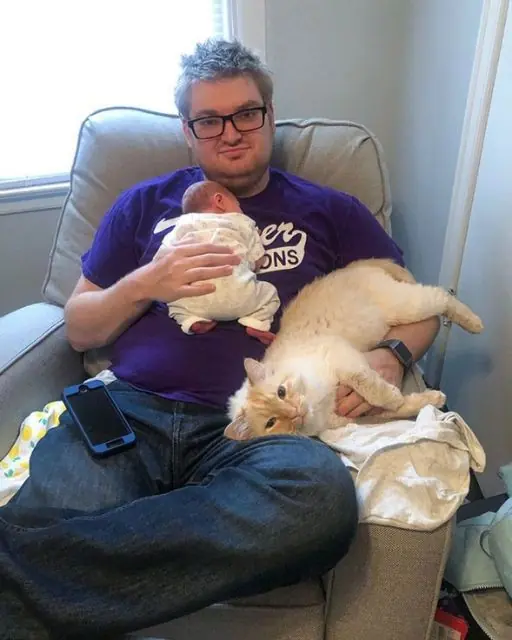
MY AUTISTIC BROTHER NEVER SPOKE—BUT THEN HE DID SOMETHING THAT LEFT ME IN TEARS
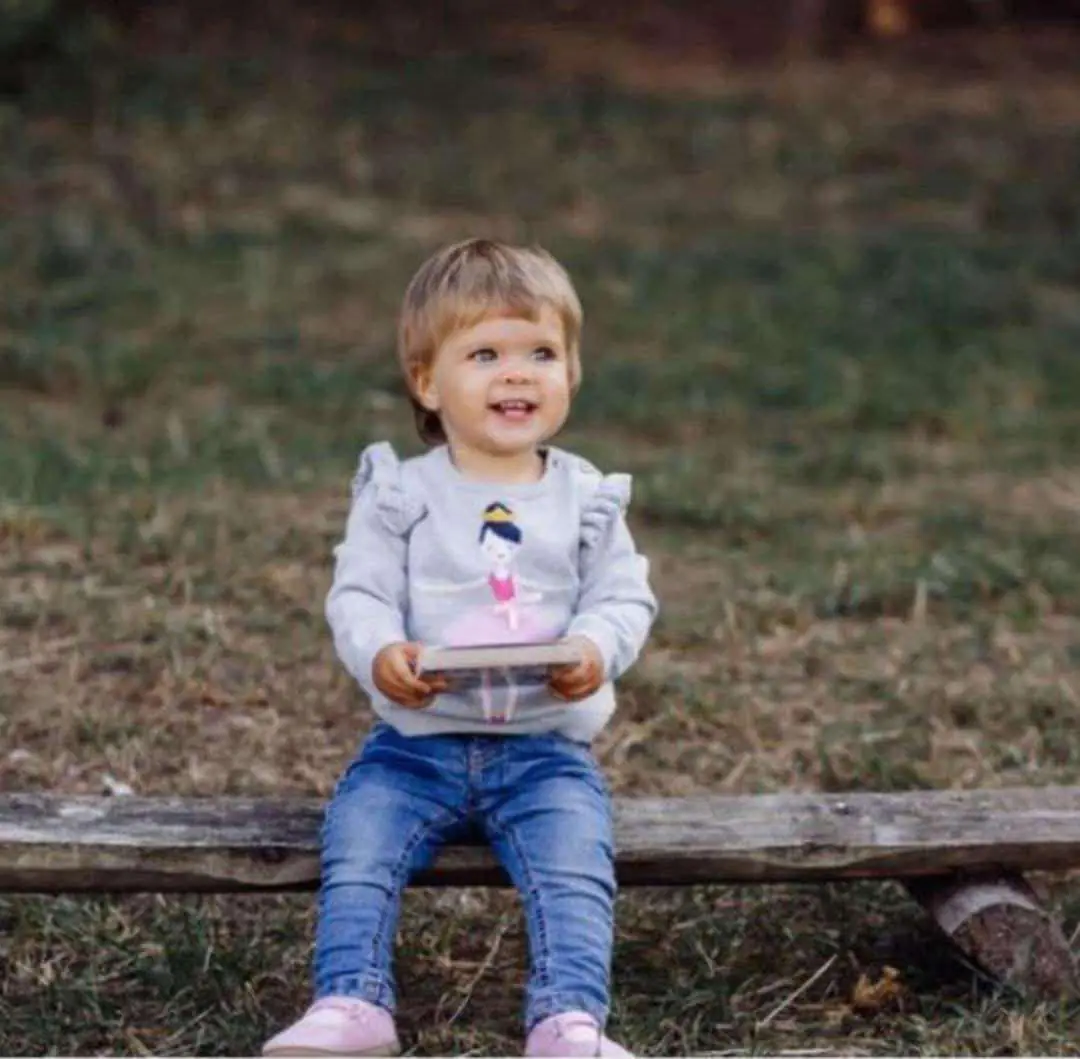
“When a Single Call Changed Everything: A Touching Tale of Hope and New Beginnings”
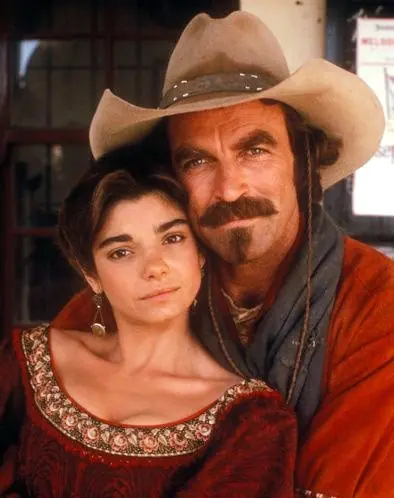
What happened to Laura San Giacomo? This is her today
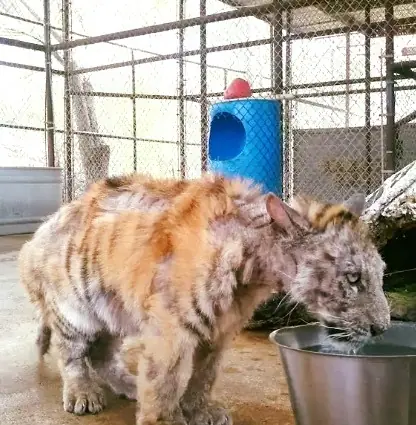
Neglected out of ignorance, tiger is rescued from circus – look at her miraculous transformation
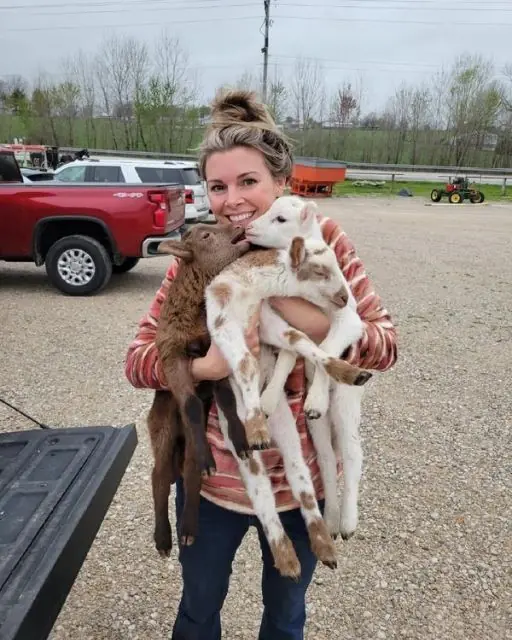
THE DAY I SAVED THREE BABY GOATS AND FINALLY UNDERSTOOD MY MOTHER’S LAST WORDS
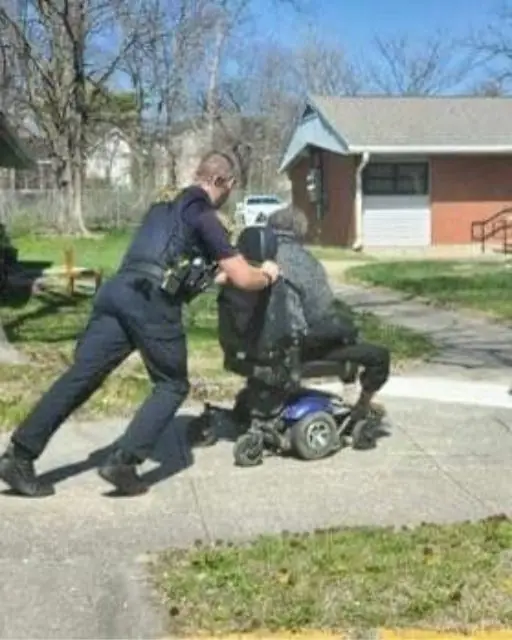
HIS WHEELCHAIR BATTERY DIED—THEN THE OFFICER DID SOMETHING NO ONE EXPECTED
News Post
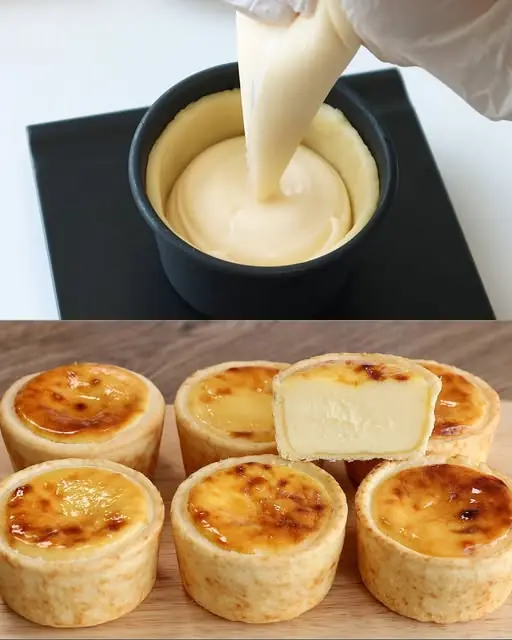
Cheesecake Tart Recipe (Cream Cheese Tart)
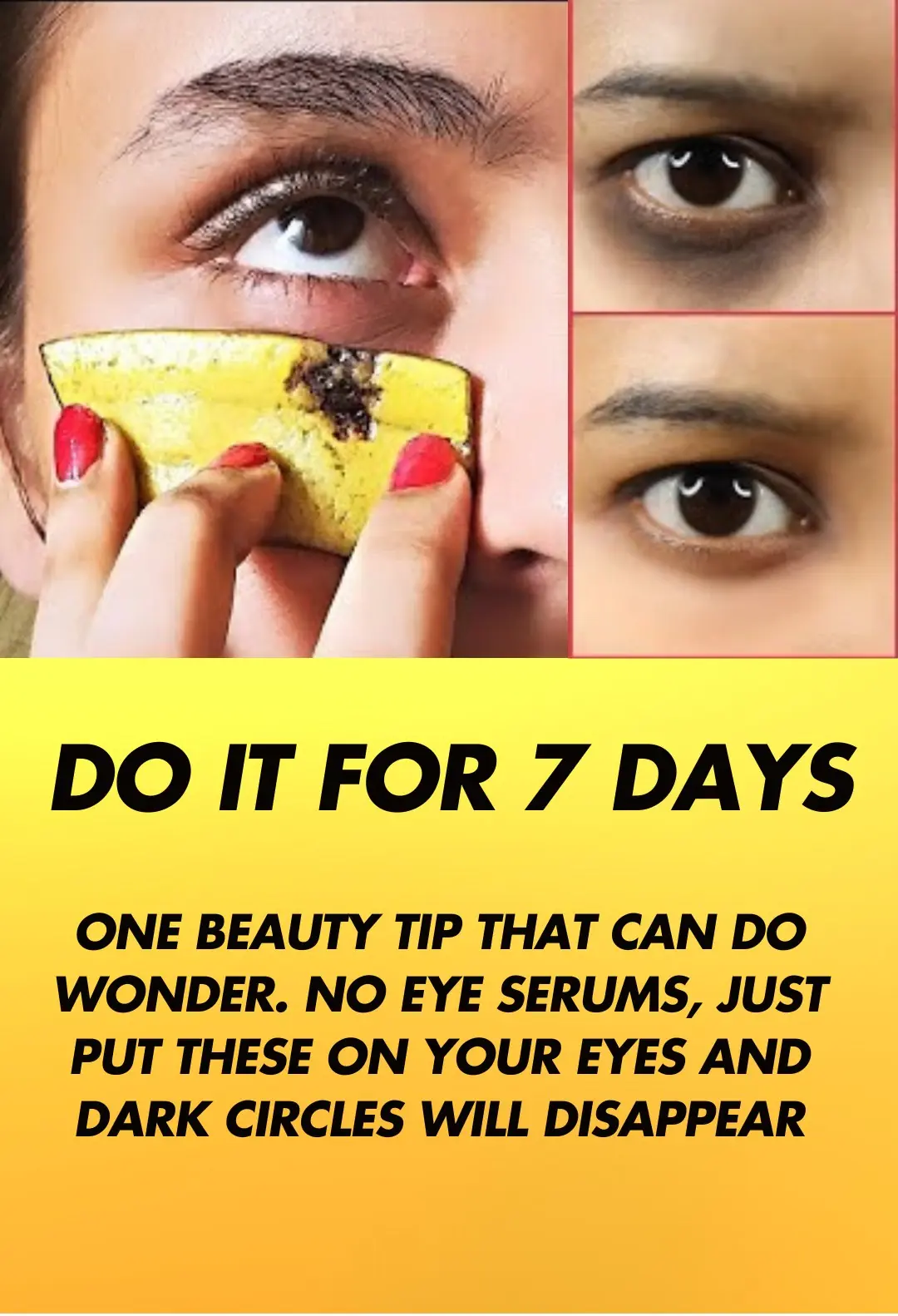
Banana peels for dark circles

76-year-old man, paralyzed from polio at 6, was one of the last people with an iron lung: ‘My life is incredible’

A father honours a teenager who escorted his autistic son to prom
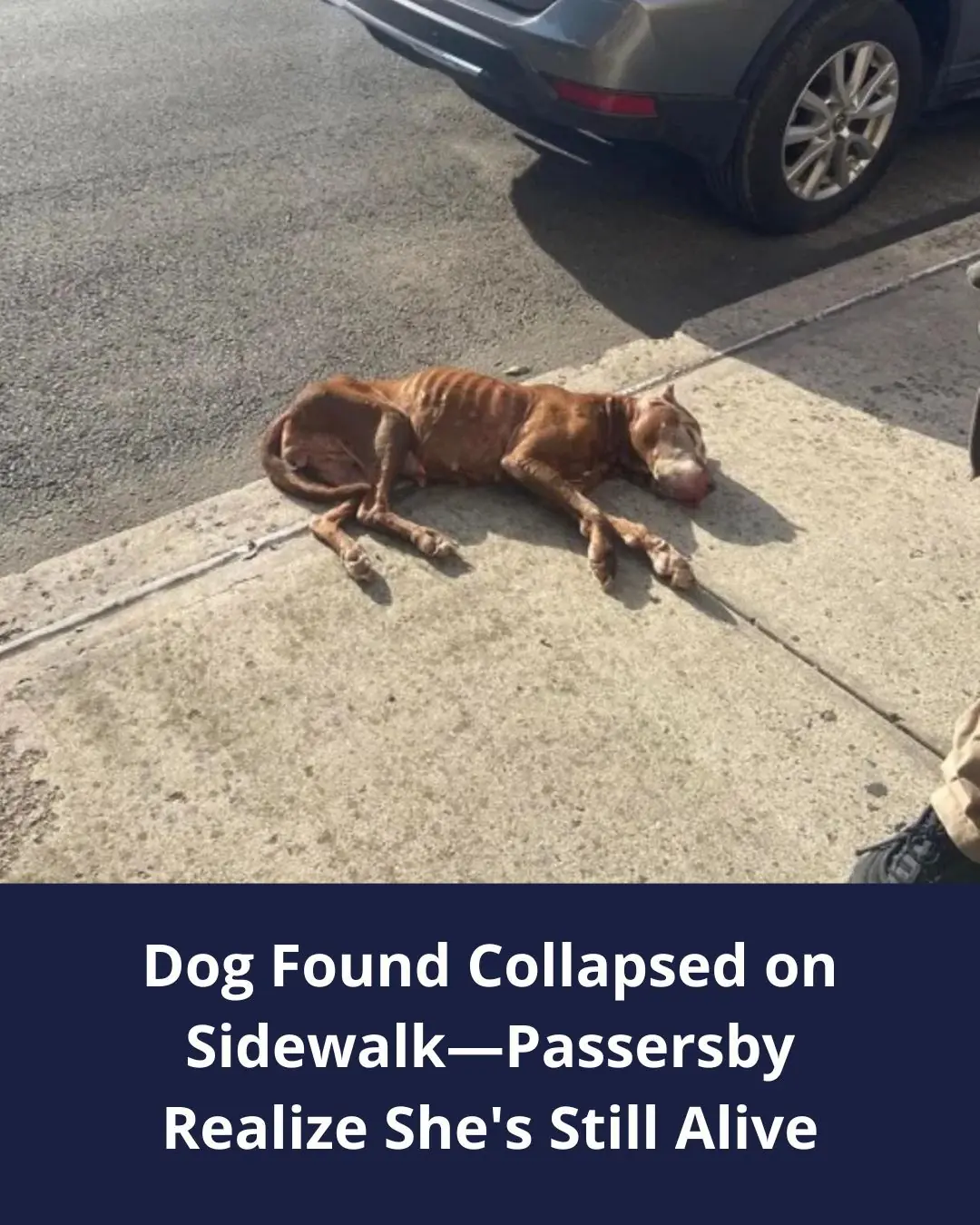
Starving Senior Dog Found Collapsed On A Sidewalk Saved At The Last Minute

The amazing story of Katie Stubblefield: She became the youngest person to receive a face transplant

This Japanese Scientist Made “Edible” Meat from Poop 12 Years Ago!

Mix grated ginger, onion, garlic, lemon juice and honey.

Cleanse Your Intestines Naturally with Dates

What Is Moringa Good For and How Should You Take It?

Purslane is tastier than meat! Neighbors from Turkey taught me how to cook weed.

How to Naturally Relieve Inflammation, Bloating, and Constipation: A Complete Digestive Health Guide
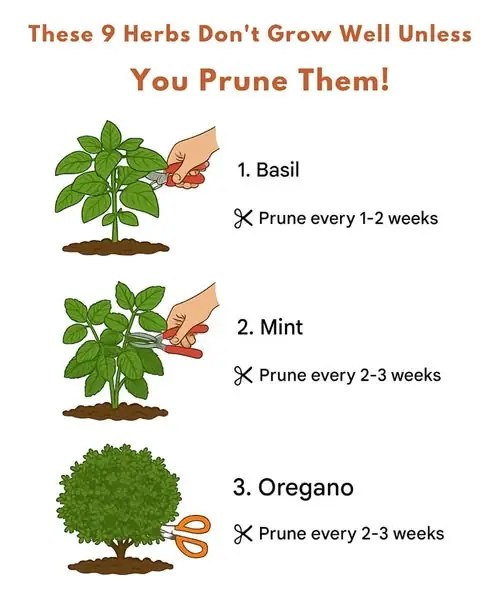
Keep Your Herbs Thriving: 9 Essential Herbs That Grow Better When Regularly Trimmed

Rice Water Uses for Skin
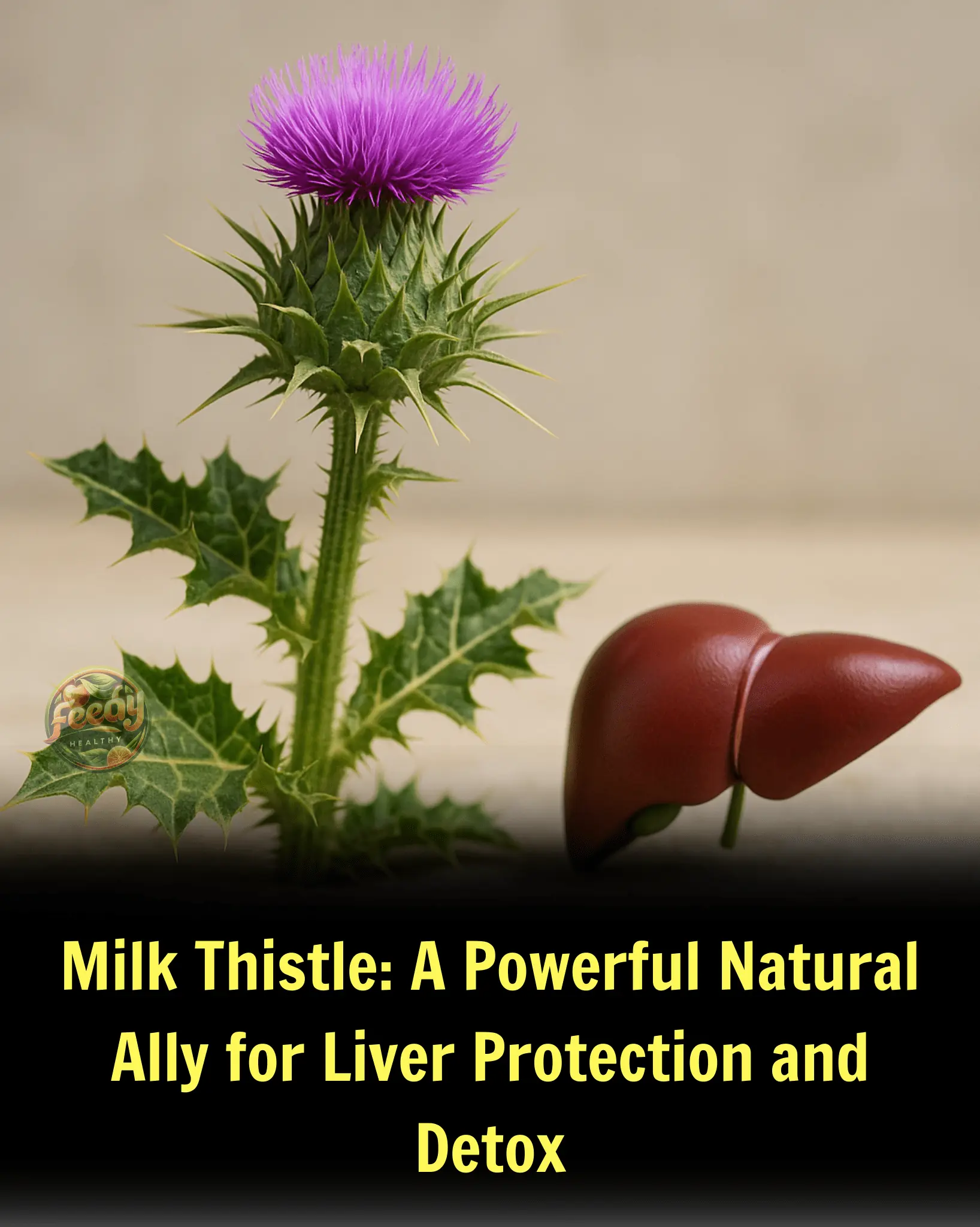
Milk Thistle: A Powerful Natural Ally for Liver Protection and Detox

Hair grows like crazy and doesn’t fall out! This is the most powerful tool! Strongest Ingredient
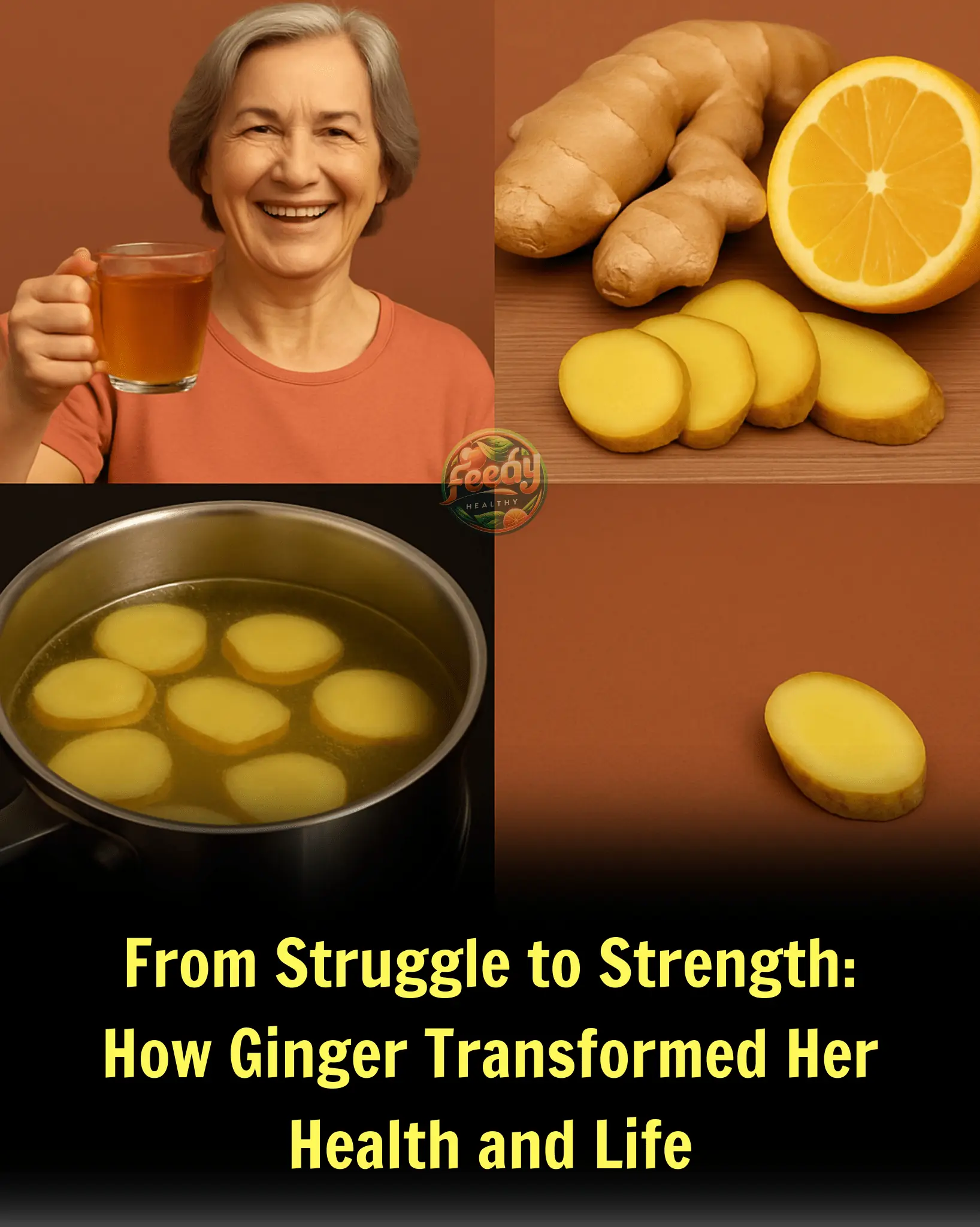
From Struggle to Sprint: How Ginger Transformed Her Health

Dentists Won’t Tell You This: Whiten Your Teeth in Just 2 Minutes! 👇🏼
